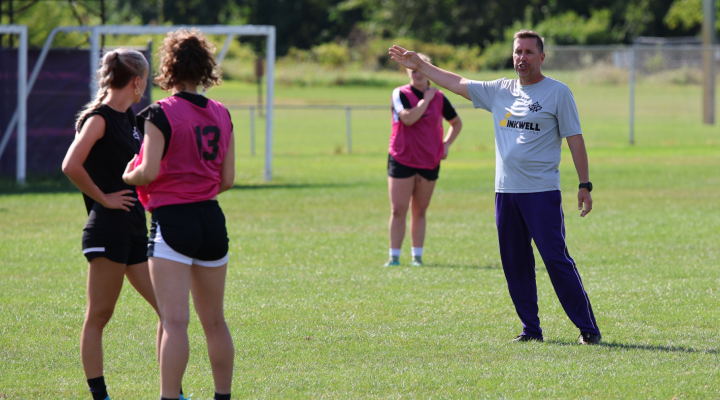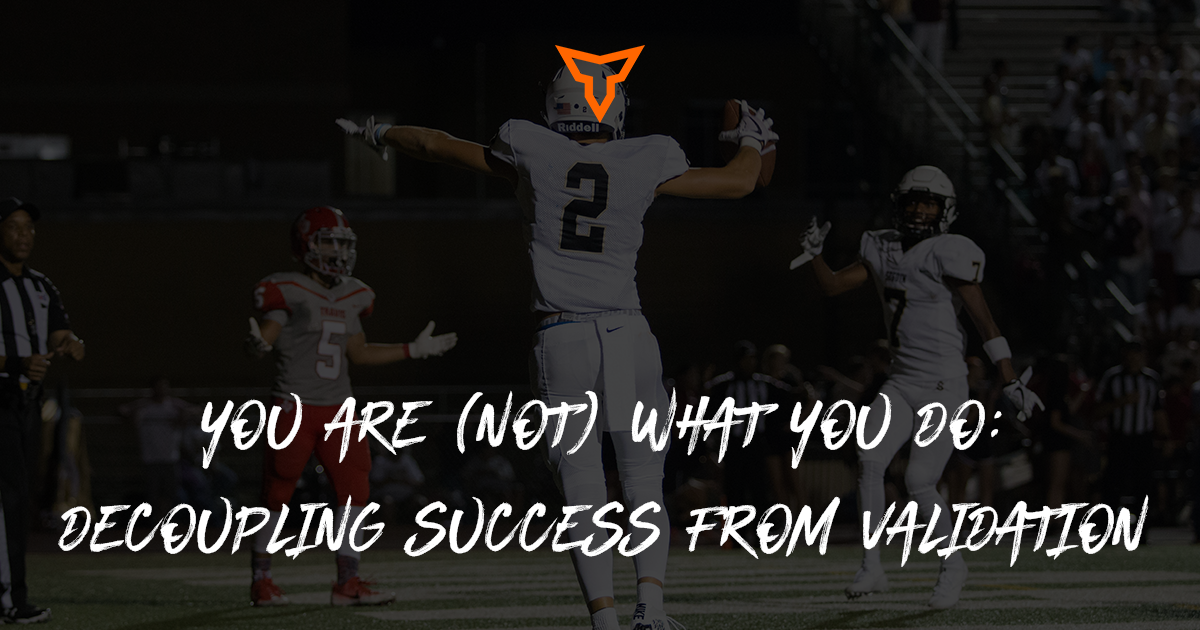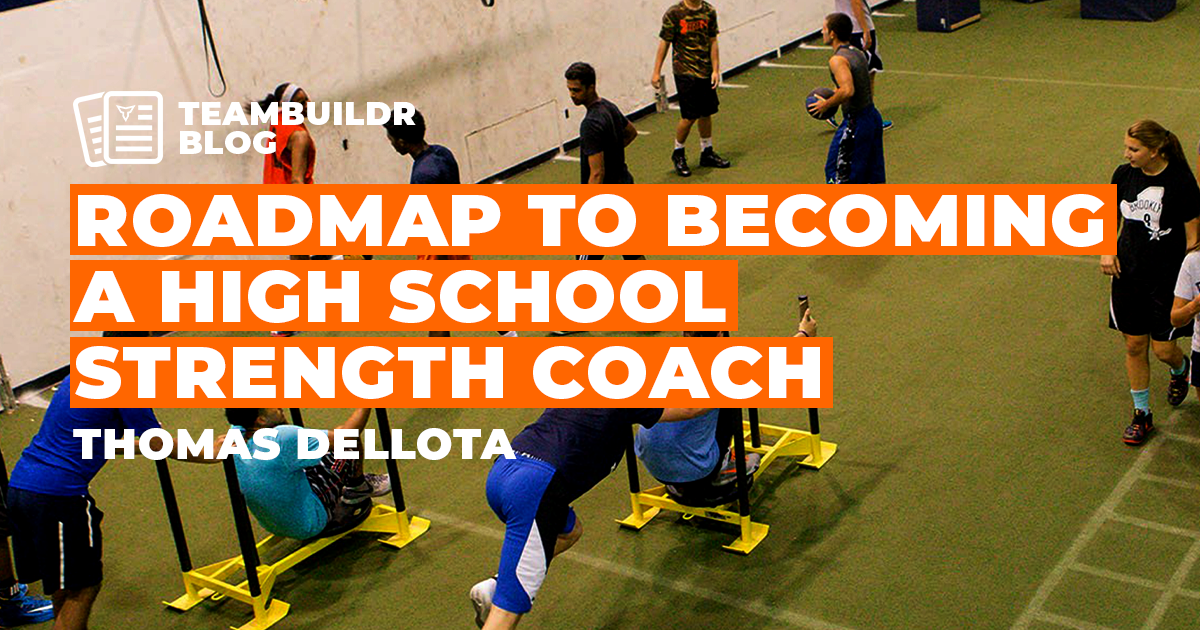Asian American Experiences in Strength & Conditioning
As Asian American Pacific Islander (AAPI) Month comes to a close, I would like to take this opportunity to share my insights and experiences within the High School Strength community on my blog. As a Filipino-American, I have had unique personal experiences, particularly in navigating this space.
Let’s start with the larger, professional “major” sports setting on the men’s side, which significantly influences how we view and consume sports. In my opinion, the prominence of Asian American athletes tends to come in waves. Take Jeremy Lin and the "Linsanity" era, for example—he inspired Taiwanese-Chinese kids in the boroughs to believe they could make it to the NBA. Similarly, Manny Pacquiao’s fights were treated like national holidays in the Philippines. Currently, Shohei Ohtani stands as the poster boy of Asian American athletic success, and I hope the number of Asian athletes in major sports continues to rise.
The simple fact is that representation matters. Young athletes need to see successful athletes who look like them. It gives them hope and shows that barriers can be broken, proving they have a chance to "make" it.
Why does this matter, and what does it do with strength and conditioning? Growing up, I quickly realized that I wasn’t going to go very far in my athletic pursuits. However, that didn’t stop me from pursuing a career in athletics. Strength and conditioning, in particular, provides a unique avenue where you have the direct opportunity to help athletes achieve their goals and dreams.
As I go into further detail, I want to clarify that my perspective is based on growing up and living in the Midwest. I acknowledge that demographics may vary in other regions of the country. That being said, there is a noticeable scarcity of Asian American strength coaches in the high school setting. Through my involvement with various schools and organizations, it's clear that our presence is rather limited. Several factors might contribute to this:
- The Asian presence in school settings is typically limited in regards to Athletics. While there may be a concentration of Asian teachers in STEM classes, the representation in athletics is even smaller. Historically, Asian parents have encouraged their children to pursue careers in law, medicine, or engineering—fields perceived as high-paying and secure. Initially, my parents wanted me to pursue a career in health. I began with pre-med, but that path didn't unfold as planned. Then, I shifted to Kinesiology to become a Physical Therapist. It was during my two years working as a Physical Therapist Assistant that I realized it wasn't the right fit for me. However, this experience introduced me to Speed/Agility/Quickness training and working with high school-aged patients. While my parents were initially hesitant about my decision to switch careers and enter education and coaching, they gradually warmed up to the idea when they saw my passion and happiness.
- Physically, I don't fit the typical mold of a strength coach. I'm nowhere near the imposing stature of a 6'4", 240-pound former D1 athlete; on a good day, I might reach 5'7". Additionally, I didn't have a standout high school athletic career. What I want to emphasize here is that it's perfectly fine to defy stereotypes and break away from convention. While my colleagues, who were former high-level athletes, often found it easier to gain instant buy-in, I initially had to put in extra effort to earn the trust of my student-athletes. In my view, my strong educational background (a bachelor's in Kinesiology and a Master's in Human Performance), combined with relevant certifications, has helped me challenge stereotypes regarding the appearance of a "typical" strength coach.
- Imposter syndrome is defined as:
"the persistent inability to believe that one's success is deserved or has been legitimately achieved as a result of one's effort or skills"
When you find yourself in a room where no one resembles you, it's natural to question your belongingness and competence. In settings like clinics, head coaches meetings, and PE department gatherings, colleagues who resemble me are few and far between. Early in my career, I grappled with significant self-doubt. However, with time and consistent demonstration of my capabilities, that doubt gradually faded away.
Here are some strategies to address the factors mentioned:
A) Celebrate the small victories! Recognizing and acknowledging even minor achievements is crucial, as they collectively signify progress. In my second year at my current school, our Athlete of the Year nominated me for “Most Influential Teacher.” This was the moment I knew I was truly making a difference. While I was still proving myself and justifying my role to colleagues, this recognition affirmed that I was reaching the ones who mattered most—my athletes.
B) Rely on your support network. Surround yourself with individuals who believe in your abilities, lift you during challenging times, and stand by you until the end.
I’ve been blessed with a supportive wife who has stood by me throughout this journey. Additionally, it's critical to find trustworthy colleagues within your organization. While I get along with almost everyone, my inner circle is tight. These are the people who will help you through tough days. Lastly, having a group of mentors who have been in your shoes and can offer guidance is invaluable.
Fortunately, I’ve had all three types of support in my life, and I wouldn’t be where I am today without these special people. It's important to recognize that not every day will be sunshine and rainbows; you'll need your support network to help you navigate the storms.
C.) Let your hard work and dedication be your voice, for the achievements of your athletes are the true testament to your expertise. Invest in relentless effort, hone your skills continuously, and witness your students transform into your most fervent supporters.
In times of challenge, I understood that letting my actions speak louder than words would ensure my success. Whether it was my consistent presence every day, my commitment to staying until the job was done, or my unwavering support at athletic events, these actions resonate, and they do not escape notice. My work is a source of immense pride, knowing its far-reaching impact. As I strive for improvement, the benefits extend to all involved.
I trust this article can serve as a source of inspiration for any Asian American coach who may be hesitating to embark on this enriching and remarkable journey. Moreover, the guidance offered here transcends demographics, applying to anyone who perceives themselves as an outsider within their field.
Remember, if I can overcome the obstacles and thrive in this profession, so can you!
Subscribe to our blog
Subscribe to receive the latest blog posts to your inbox every week.
Related posts

Bridging the Gap: High School and Private Sector Coaches

You Are (Not) What You Do: Decoupling Success from Validation

